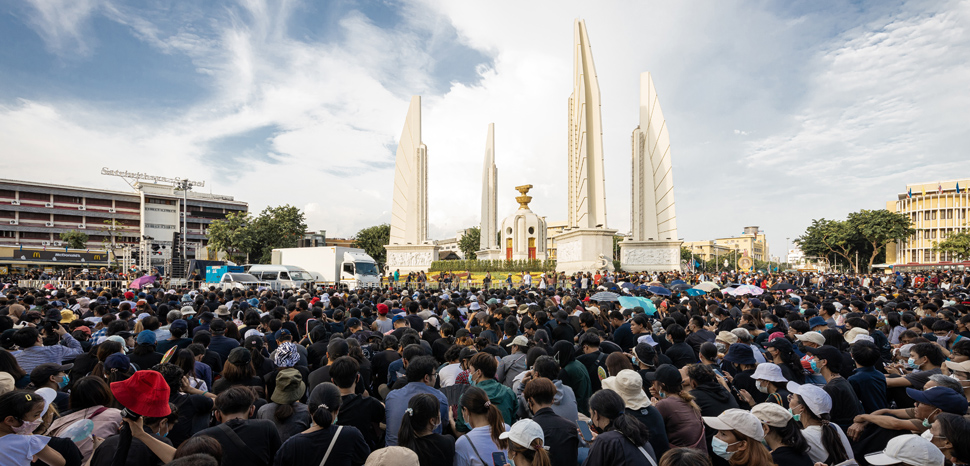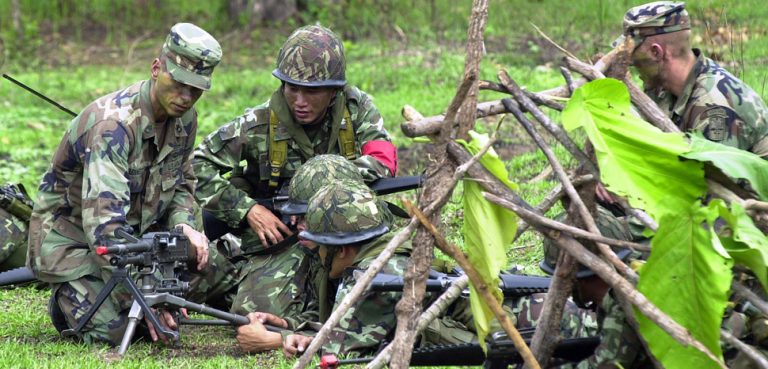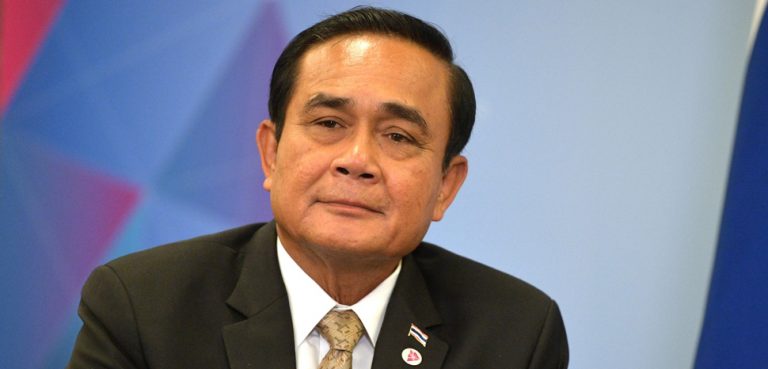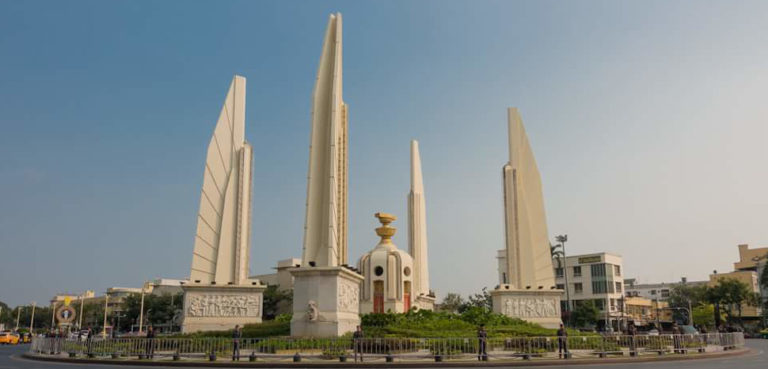On 24 June, pro-democracy protestors returned to the streets of the Thai capital, Bangkok, after a three-month hiatus due to rising COVID-19 infections. The demonstrators called for Prime Minister Prayuth Chan-ocha to resign amid rising anger over his handling of the economy and the pandemic. These issues threaten to reenergize mass protests that erupted last year, taking aim at Prayuth but also broaching a traditionally taboo topic by questioning the place of the monarchy in Thai society.
Anger is now directed primarily at the government—led by Prayuth since the military seized power via a coup in 2014. After his five-year stint as a Junta chief, national elections in March 2019 paved the way for Prayuth to be selected as prime minister by 250 military-appointed senators. They had been assigned that task by a new constitution, introduced in 2017. Lawmakers recently voted on a series of amendments to that controversial charter, most of which were proposed by a raft of opposition parties.




